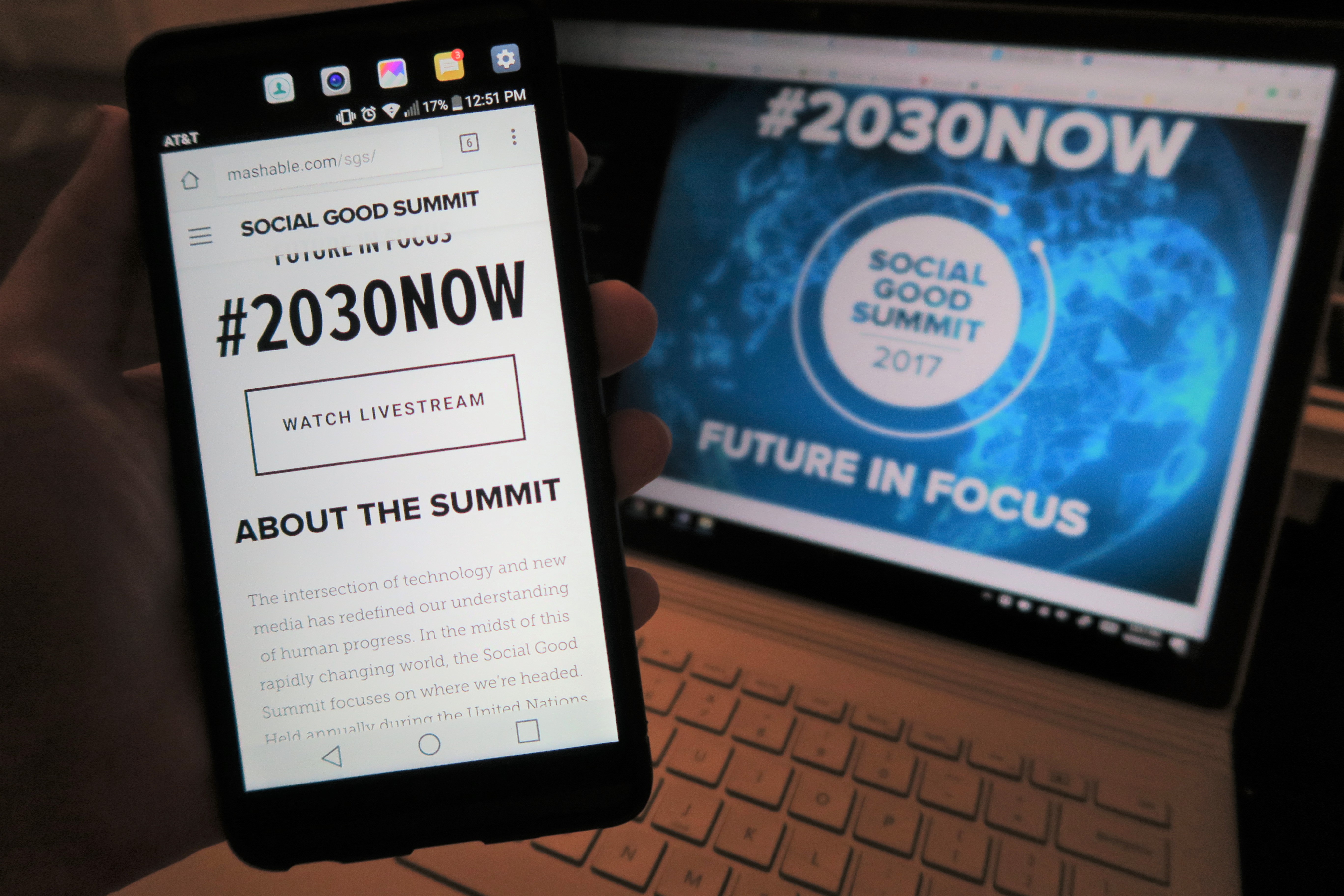Grocery Shopping After SGS: A New Role for Corporations in Global Conservation
After I left the 2018 Social Good Summit, I did what I normally do on Sunday evenings: I went grocery shopping. Sunday night food shopping in Manhattan is notorious for its dense crowds and mazes of checkout lines that weave through aisle after aisle. Few would argue the experience is worth dreading. But while I’m usually no exception to the miserable shoppers audibly signing their way through gridlocked aisles, this Sunday was different. Instead of mindlessly scrolling through my phone in line, I made a point of counting every product in the store that featured animal imagery in its branding. Barnum’s Animal Crackers, Scooby Doo Fruit Snacks, Annie’s Mac and Cheese, Goldfish, Cheetos… I lost count in the cereal aisle somewhere between Puffins, Gorilla Munch, and the Honey Nut Cheerios bumble bee.
What if every time a company used animal imagery in its branding it was actually helping conserve that animal’s very existence? What if Cheetos could save the cheetahs and cheerios could save the bumble bees? That’s the idea behind the United Nations Development Program (UNDP)’s new Lion’s Share Initiative—and the reason my Sunday trip to the grocery store was an uncharacteristically positive experience.
The Lion’s Share Fund was among the more concrete initiatives announced during Sunday’s Social Good Summit. During the conservation-focused Lion’s Share Panel, conservationists, UNDP leaders, and corporate representatives laid out how the initiative would work. Participating partners—that is, corporations who use animals in their advertising or branding—donate 0.5% of their media spending to conservation and animal welfare projects. It wouldn’t be food and consumer packaged goods alone; any corporation that features animal imagery (think Geico’s gecko or Aflac’s duck) could partner with the Lion’s Share and pledge 0.5% of its ad dollars to conservation. Though 0.5% seems like an inconsequential amount, UNDP Administrator Achim Steiner told panelists that an estimated $600 billion dollars are spent on marketing and advertising products each year. If every corporation signed up, the 0.5% would add up to a global impact. Through the Lion’s Share Fund, the UNDP’s goal is to raise $100 million annually through its corporate partnerships.
The panel opened with a video narrated by Sir David Attenborough in which he encouraged corporations to sign on with the initiative. “Nature is the lifeblood of our society,” Attenborough’s voice urged. “If we simply destroy it when it gets in our way, we will pay the price.”
Sumatran forest conservationist Farwiza Farhan brought her personal experience to the panel, explaining that her home, part of the Leuser Ecosystem, is the last place on Earth home to rhinos, tigers, elephants, and orangutans alike. Conservation is expensive, Farhan emphasized—and while in many places the infrastructure is there, the funding isn’t.
“We’ve heard a lot of organizations putting the blame on corporations for destroying the environment,” Farhan said in a video posted to the UNDP’s Twitter account following her panel appearance. “But at the same time, corporations have the opportunity to change the trajectory of our environmental protection. Initiatives like the Lion’s Share could really put more resources into conservation, empowering companies to participate in the solution instead of the problem.”
The Lion Share Fund’s founding partners include the FINCH company, MARS Inc., Clemenger BBDO, D.A.M., and Nielsen. The hope is for the list of partners to grow in the coming months as corporations pledge their 0.5%.
Marie Lalleman, Nielsen’s Executive Vice President and Managing Director, preemptively addressed a concern about tracking the funds during Sunday’s panel. How can corporations and conservationists ensure the funds directly impact the ecosystems they’re meant to preserve? Nielsen has pledged its global information and data measurement services to directly monitor the donations from the advertisers’ pocket to, say, the rhino’s home turf.
Now that the Lion’s Share Fund is active, Steiner urges consumers to play a role in (for lack of a better word), advertising the opportunity to corporations.
“Next time you buy a product and see an animal on its packaging or advertising, maybe you can take a moment to write an email to their company,” Steiner suggested. “You could say, ‘Are you supporting the Lion’s Share? Are you part of making your use of animals also a way of paying back to nature?’”
It’s an attainable idea—and one I hope we can all support.




